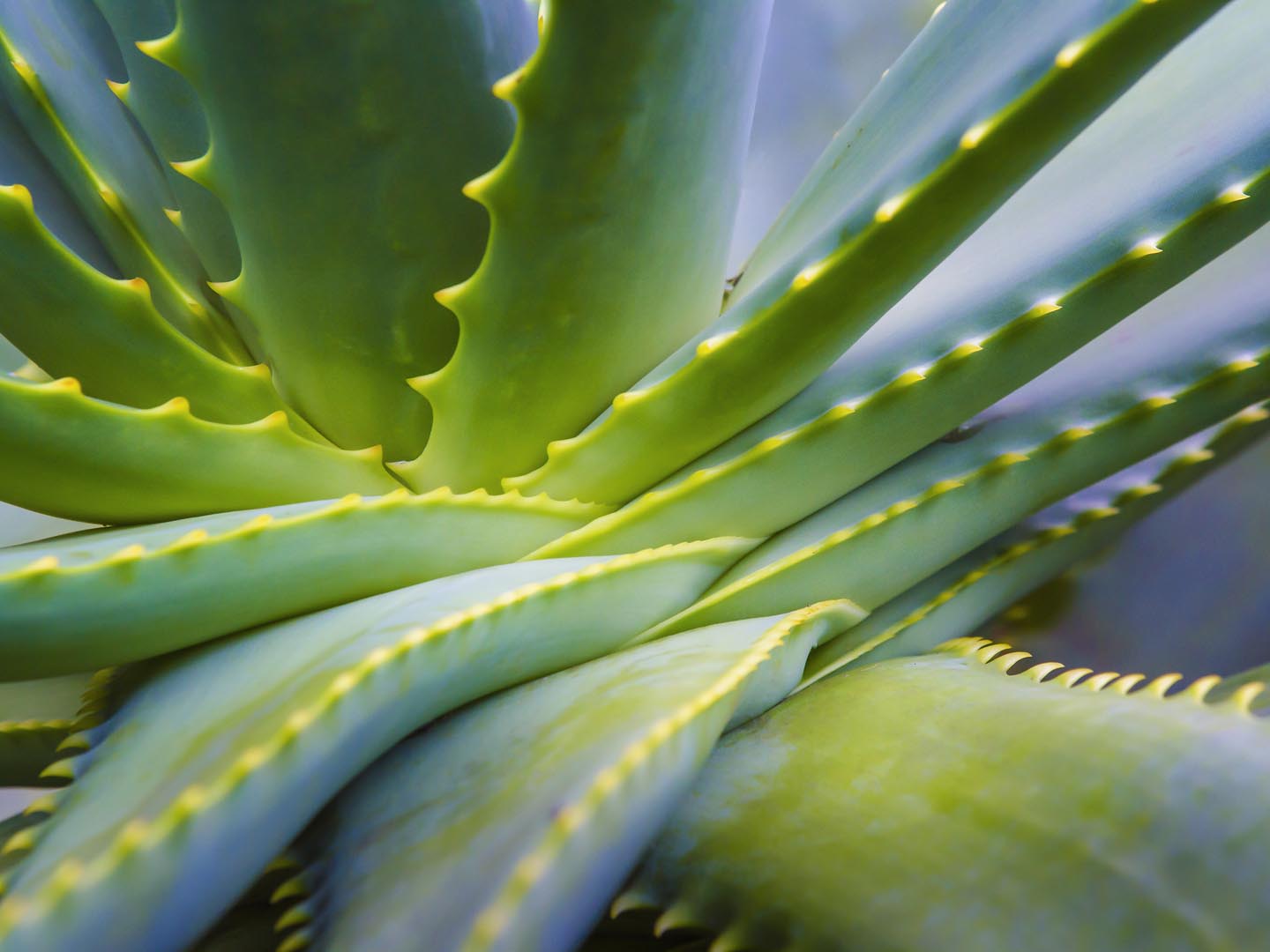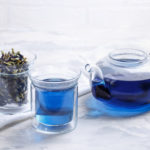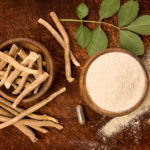Aloe Vera

Aloe vera
Aloe (also called aloe vera) is a flowering succulent plant native to Africa. Its thick, fleshy leaves contain a gel that is used medicinally, while the green, more fibrous part that surrounds the aloe vera gel is the source of aloe latex, which is principally used as a laxative. Aloe vera has a 6,000-year history of use – it was known in ancient Egypt as the “plant of immortality,” and depicted on stone carvings and given as burial gifts to pharaohs. Aloe vera used then, as it is today, for medicinal purposes. Aloe vera gel is widely used in skin products such as moisturizing lotion and sun block, and is a natural food flavoring.
Aloe vera is used for:
Aloe vera can be used topically or orally. When taken orally, aloe soothes the gastrointestinal tract. One study found aloe vera gel to be beneficial for those with ulcerative colitis. A review of studies also found aloe vera gel to be helpful when used as a mouthwash to prevent oral mucositis (mouth ulcers) in people undergoing cancer treatment. When used topically, as a gel from the leaves, aloe is an effective, natural treatment for a variety of skin conditions, including burns, abrasions, cold sores, psoriasis, sunburn and frostbite. Three studies have shown that aloe vera gel has some beneficial effect as a topical treatment for mild psoriasis. While widely thought to promote the healing of wounds, studies of this therapeutic use have yielded mixed results.
Available in:
Aloe vera is available in whole living plants, gel, lotions and aloe vera juices.
Herb / drug interactions:
Aloe latex should not be taken with other stimulant laxatives, medications and herbs to decrease blood sugar or decrease clotting of the blood, or water pills or herbs that can affect potassium levels.
Other safety concerns:
Aloe latex taken orally may be unsafe in high doses, and should be avoided. Women who are pregnant should avoid taking aloe latex orally, as it may raise the risk of miscarriage and birth defects. People with hemorrhoids or kidney problems should not take aloe latex. Because aloe may affect blood sugar levels, people scheduled for surgery should not take aloe for at least two weeks prior to the scheduled date.
When buying:
Look for fresh aloe plants, aloe vera juices or aloe vera gels that contain only the inner fillet of aloe and say on the label that it is anthraquinone or aloin (laxative) free, and lotions with the highest percentage of aloe gel.
Dosage:
For internal use of aloe gel, 30 ml three times a day. Topically, apply the fresh gel as needed.
Child dosage:
Children should follow directions on manufacturer’s label or as instructed by health care provider for internal use. Topically, aloe vera is safe to apply to mild burns and abrasions.
Dr. Weil says:
Aloe is so useful for burns that I encourage everyone to keep a potted aloe vera plant in the kitchen (or just outside the kitchen door – here in Arizona, it grows profusely outdoors with little or no irrigation). There are many species, but aloe vera is the “true” aloe, and has the best effect. Keep the plant in good light and in a pot with good drainage. To use the fresh plant, simply cut off a lower leaf near the central stalk, remove the spines along the edge, and split the leaf lengthwise. Then rub the exposed, gel-containing interior on the skin, and continue rubbing until the residue is mostly absorbed.
If you want to use aloe vera juice – whether to help heal ulcers or another GI tract irritation – avoid products that contain aloin (the laxative part of aloe).
Reviewed by Tieraona Low Dog, M.D., April 24th, 2014.
SOURCES:
Aloe. Natural Medicines Comprehensive Database Consumer version. Stockton, CA: Therapeutic Research Faculty, updated June 6, 2013, accessed March 13, 2014 at http://naturaldatabaseconsumer.therapeuticresearch.com/nd/Search.aspx?rn=4&cs=NONMP&s=NDC&pt=100&id=607&fs=NDC&searchid=45584529Aloe Vera, National Center for Complementary and Alternative Medicine. Last updated April 2012, accessed March 13, 2014 at http://nccam.nih.gov/health/aloevera
Langmead L, et al. Randomized, double-blind, placebo-controlled trial of oral aloe vera gel for active ulcerative colitis. Aliment Pharmacol Ther. 2004 Apr 1;19(7):739-47.
Worthington HV, Clarkson JE, Bryan G, et al. Interventions for preventing oral mucositis for patients with cancer receiving treatment. Cochrane Database Syst Rev. 2011 Apr 13;(4):CD000978.








